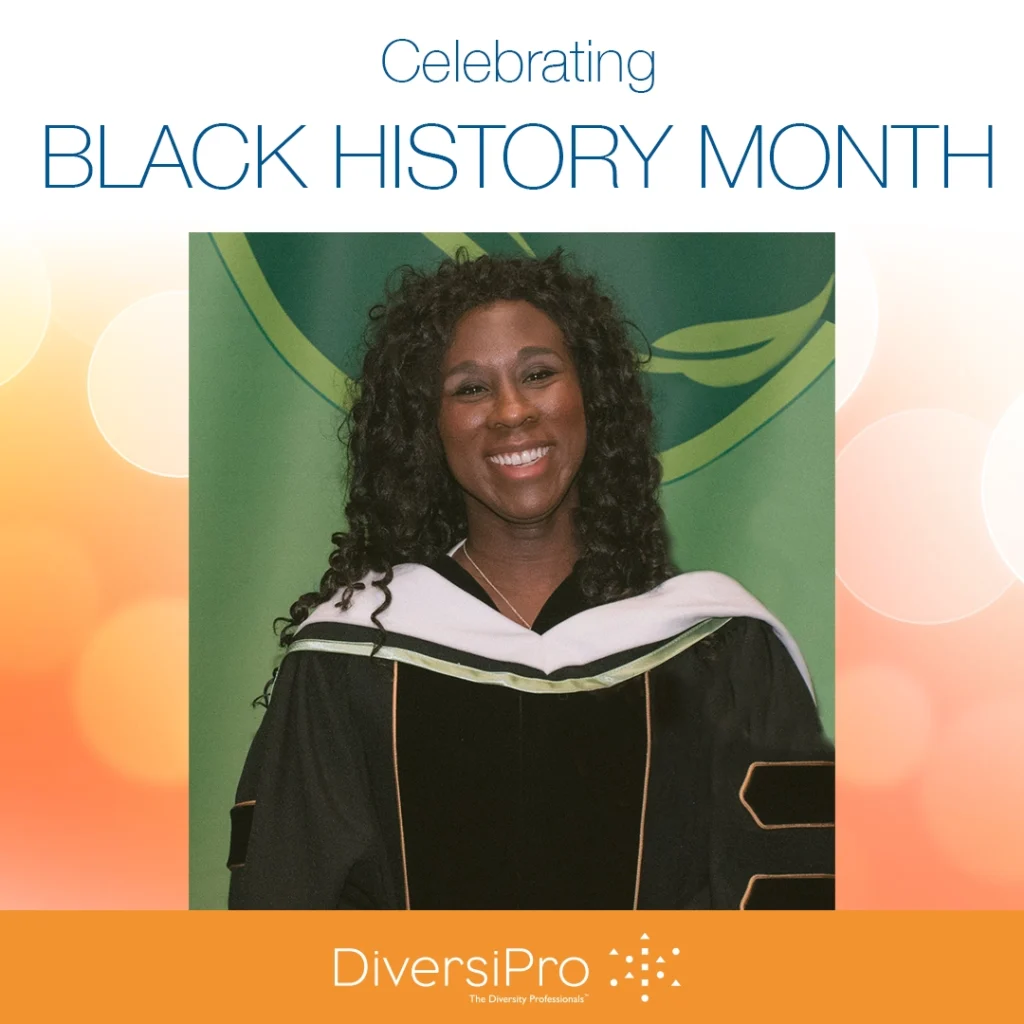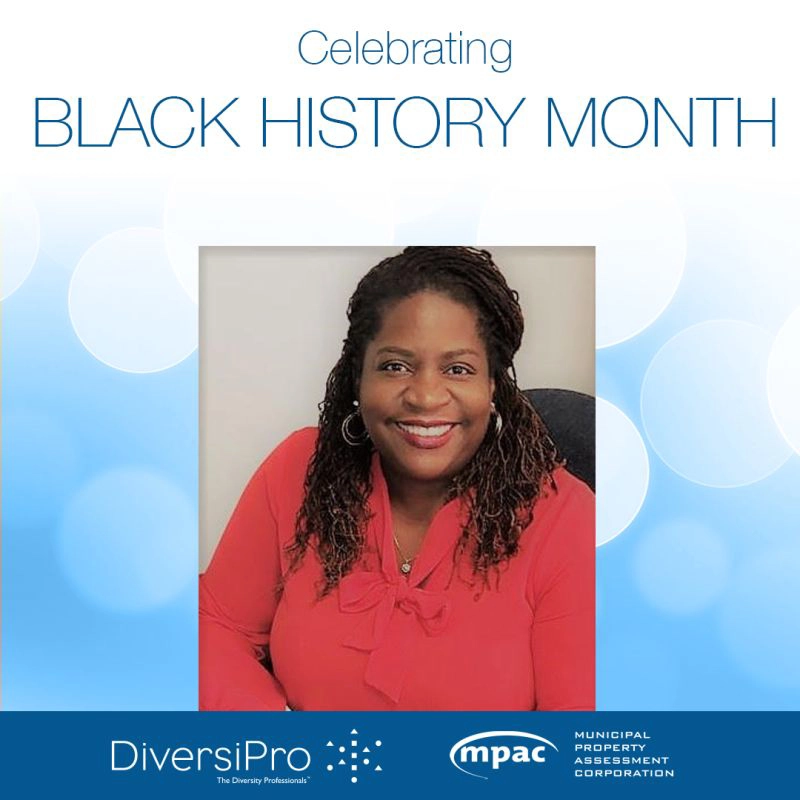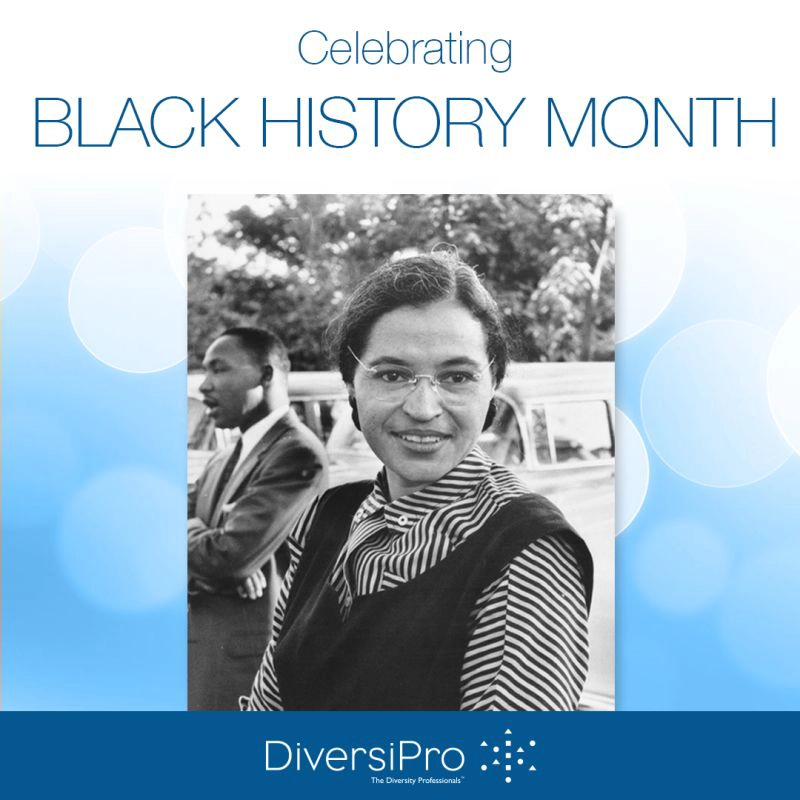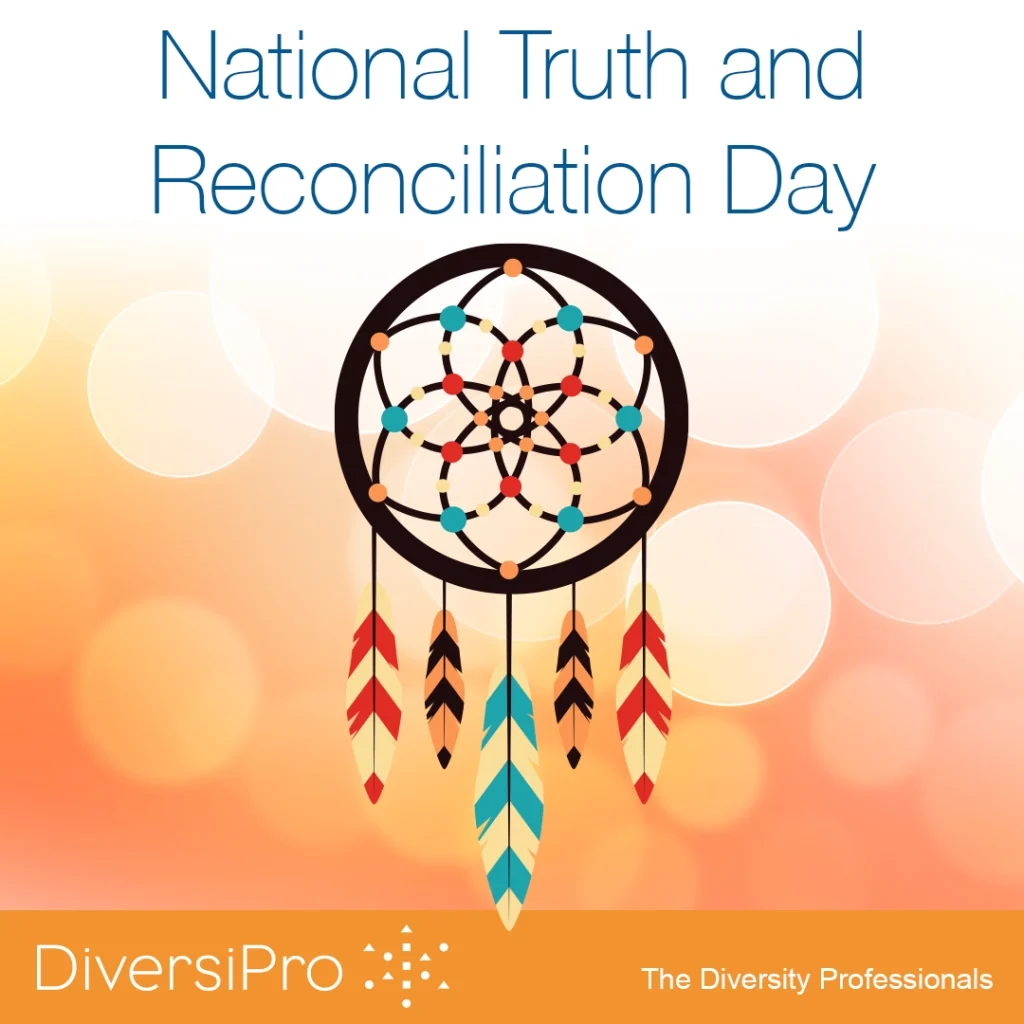Our Story is one

Happy to be thriving in Canada’s culture committed to advancing Inclusion, Diversity, Equity, and Anti-Racism, Iren Kolterman invites us all on a journey of empathy. Reflect, remember and learn from the story of Ten Women of Shiraz who wanted nothing more in life than to practice freely their Bahá’í faith….
Finding Strength in Allies: The Power of Support in Pride Movements

Pride. What does it mean for me? It may sound simple, but it means I am free to be me.
I remember the first time I went to the Pride Parade in Toronto. Coincidentally it was World Pride as well—the first-time World Pride was held in North America. I was wandering around the different merchants and booths before the parade and ran into a group of people who were looking for volunteers to march at the head of the parade, carrying the flags of the world. I jumped at the chance.
The Reality of IDEA Must Include Accessibility

Nominated for the fourth consecutive year as Canadian Lawyer Magazine’s Top 25 Most Influential in the Human Rights category, Lorin MacDonald is one of Canada’s leading voices on disability issues. Over the last 30 years, Lorin has demonstrated her leadership, passion, and commitment to accessibility and inclusion in various volunteer and professional activities, all informed by her lived experience as a woman born with profound hearing loss.
Celebrating Literary Trailblazer Esi Eduygan

This Black History Month, and always, DiversiPro celebrates the artistry of novelist Esi Edugyan—two-time winner of Canada’s prestigious Giller Prize—for Half Blood Blues in 2011 and Washington Black in 2018.
Celebrating Black Canadians’ Contributions in the City of Stratford

For the City of Stratford, Black History Month is an important time for us to reflect on the histories of resistance within the City. During one of our recent City leadership meetings, we provided our team with education about the deep-rooted discrimination and resistance of Africville in Nova Scotia. We had an open discussion about what we can do to celebrate and recognize Black Canadians’ contributions and the local Black history within the City.
Black History Month “Ours to Tell”

This Black History Month, and always, DiversiPro celebrates the artistry of novelist Esi Edugyan—two-time winner of Canada’s prestigious Giller Prize—for Half Blood Blues in 2011 and Washington Black in 2018.
Founder of DiversiPro Hamlin Grange, Pioneer in Workplace Diversity Recognized with Order of Canada via ByBlacks.com

For the City of Stratford, Black History Month is an important time for us to reflect on the histories of resistance within the City. During one of our recent City leadership meetings, we provided our team with education about the deep-rooted discrimination and resistance of Africville in Nova Scotia. We had an open discussion about what we can do to celebrate and recognize Black Canadians’ contributions and the local Black history within the City.
Black Resilience: Motivating Rosa Parks, Viola Desmond and You…

Rosa Park’s legendary sit-in by the window on the Mongomery, Alabama city bus in December 1955 reminds us of Viola Desmond’s earlier decision in 1946 to use her 40-cent movie ticket to sit wherever she pleased in the Roseland Film Theatre in New Glasgow, Nova Scotia. Forbidding Black people from using public spaces—restaurants, swimming pools, prime seats in public transportation, movie theatres, sports facilities (the late Harry Gairey Jr.’s ice-skating experience as a Toronto teenager in 1945, for example)—was a longstanding tactic designed to foster feelings of alienation from society.
DiversiPro Founder Receives Order of Canada

Hamlin Grange CM, DiversiPro’s Founder and Principal Consultant has been appointed a Member of the Order of Canada. This honour reflects the positive impact that Grange has had on Canadian society since he moved to the country from Jamaica at age 10.
Orange Shirt Day & National Truth and Reconciliation Day

We call upon the federal government, in collaboration with Aboriginal peoples, to establish, as a statutory holiday, a National Day for Truth and Reconciliation to honour Survivors, their families, and communities, and ensure that public commemoration of the history and legacy of residential schools remains a vital component.” September 30th is the answer to this […]
